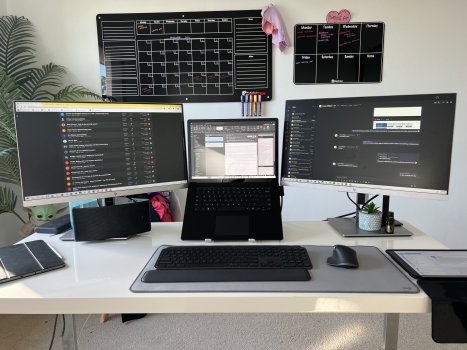Hi. GIMP is probably the ONLY professional software that I will use, I like editing photos. Other than that, I will mostly only browse a website and check email, do shopping online, nothing else. I don't play games at all. I like watching video on Youtube. (Watch only, I don't upload.)
GIMP certainly runs on Mac, but I'm not sure how good the Mac version is because its an open source package and relies very much on volunteers giving their time to work on the Mac version for free. Libreoffice is similar, but AFAIK the Mac version of that is fairly solid. Those are both open-source, cross platform packages that started out on Linux - very powerful but not always the most polished or easiest-to-use, even on Windows.
The Photos app included with MacOS will manage your photos and do basic adjustments, filters, cropping etc. If you need a "proper" photo editor, GIMP is certainly an option but, Pixelmator, Pixelmator Pro and Affinity Photo are popular, affordable and generally more user friendly than GIMP and will probably make better use of an M1 (I'm not going to say "more powerful" because last I looked GIMP was insanely powerful if you didn't mind the vertical learning curve).
Same story with wordprocessing/spreadsheet - "Pages" and "Numbers" come with MacOS and will most probably do what you need, Libreoffice for Mac is free.
Frankly, though, your workload barely needs the power of a Mac Mini and could probably be done with a cheaper PC. That shouldn't stop you buying a Mac if you like it, just being realistic.
What you
will be hit with is that some things are "just different" - conventions as to how the user interface works, how the control keys on the keyboard work etc. Switching operating systems is
always confusing (speaking as someone who has bounced between MacOS, Classic MacOS, Windows, VMS, Unix/Linux and RISC-OS, sometimes all of them in the space of a day) so there will
always be a frustrating adjustment period.
First, a Mac is also a PC. PC just stands for "personal computer" and it describes a system that is meant to be used by one person - in contrast to a mainframe or a microcontroller for example. Nowadays, PCs can be used more flexible though.
That's one of those pedantic statements that is technically correct but practically inaccurate and misleading. Sorry pedants, colloquial English is ambiguous, dictionaries don't define the language - they document usage - and words mean different things in different contexts. Seeing "Mac and PC" in a title should make it pretty obvious what is actually meant (Don't seriously diasagree with the rest of your points, though).



